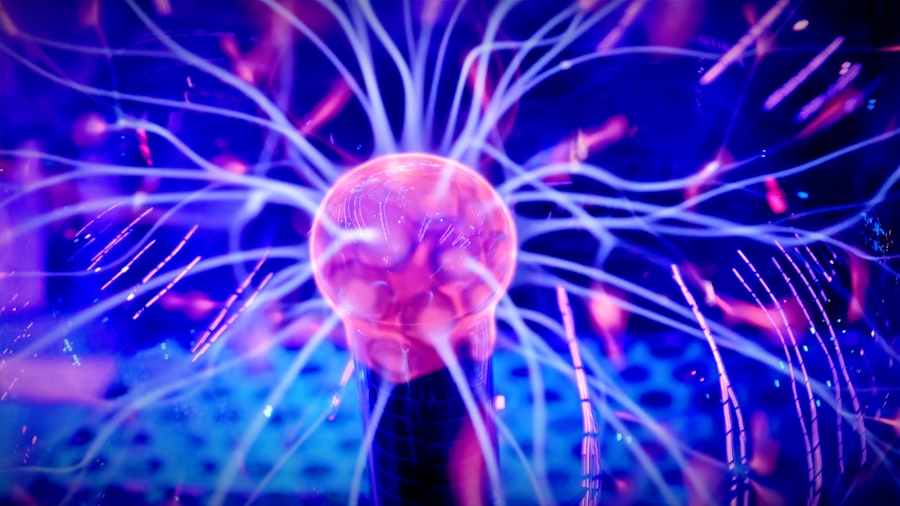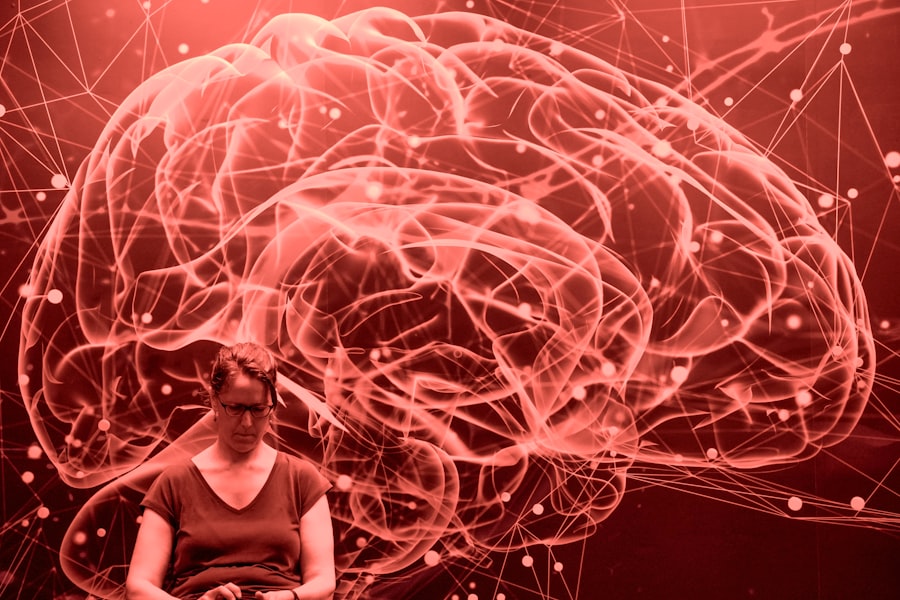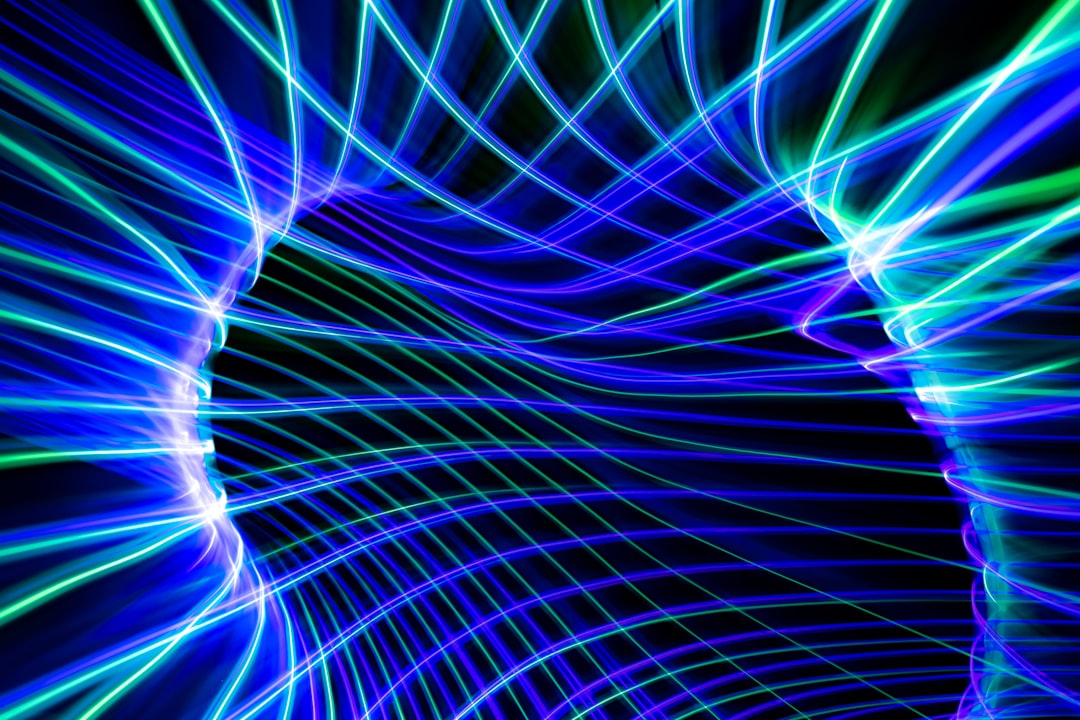Consciousness is one of the most profound and enigmatic aspects of human existence. It encompasses our thoughts, feelings, perceptions, and self-awareness, forming the very essence of what it means to be alive. As you delve into the science of consciousness, you may find yourself grappling with questions that have puzzled philosophers and scientists alike for centuries.
What is consciousness? How does it arise from the physical processes of the brain? These inquiries are not merely academic; they touch upon the core of human experience and identity.
At its core, consciousness can be understood as a state of awareness that allows you to experience the world around you. It is the lens through which you interpret sensory information, make decisions, and reflect on your own thoughts. The study of consciousness spans multiple disciplines, including psychology, neuroscience, and philosophy.
Each field offers unique insights, yet a comprehensive understanding remains elusive. As you explore this complex topic, you may find that consciousness is not a singular phenomenon but rather a spectrum of experiences that vary in depth and intensity.
Key Takeaways
- Advances in brain imaging and new technologies are enhancing our understanding of consciousness.
- Consciousness is deeply connected to both the brain and the body, influencing mental and physical states.
- Meditation and mindfulness practices can significantly alter and improve conscious experience.
- Ethical considerations are crucial in consciousness research, especially with AI and emerging technologies.
- Future research aims to integrate insights from quantum physics, sleep studies, and mental health to unravel consciousness.
New Technologies for Studying Consciousness
In recent years, advancements in technology have opened new avenues for studying consciousness. You may be intrigued by how tools such as functional magnetic resonance imaging (fMRI) and electroencephalography (EEG) have revolutionized our understanding of the brain’s inner workings. These technologies allow researchers to observe brain activity in real-time, providing a window into the neural correlates of conscious experience.
Moreover, emerging technologies like virtual reality (VR) are being harnessed to create immersive environments that can alter your perception and experience of consciousness. By simulating various scenarios, researchers can study how your brain responds to different stimuli and how these experiences shape your conscious awareness.
This intersection of technology and consciousness research not only enhances our understanding but also raises intriguing questions about the nature of reality itself.
The Role of Brain Imaging in Understanding Consciousness

Brain imaging techniques have become indispensable in the quest to unravel the mysteries of consciousness. As you consider the implications of these methods, you may appreciate how they provide a tangible way to visualize the brain’s activity during conscious thought. For instance, fMRI scans can reveal which areas of your brain are activated when you engage in specific tasks or experience particular emotions.
This information is crucial for understanding how different cognitive processes contribute to your overall conscious experience. Additionally, brain imaging has shed light on disorders of consciousness, such as coma or vegetative states. By examining brain activity patterns in individuals who appear unresponsive, researchers can gain insights into their level of awareness and potential for recovery.
This has profound implications for medical ethics and treatment decisions, as it challenges traditional notions of consciousness and personhood. As you reflect on these advancements, you may find yourself contemplating the ethical responsibilities that come with such powerful tools.
The Connection Between Consciousness and the Body
| Aspect | Metric/Measurement | Relevance to Consciousness-Body Connection | Example/Study |
|---|---|---|---|
| Brain Activity | EEG (Electroencephalogram) Frequencies | Correlates neural oscillations with conscious states | Alpha waves increase during relaxed wakefulness |
| Heart Rate Variability (HRV) | Time-domain and frequency-domain HRV metrics | Reflects autonomic nervous system balance linked to emotional awareness | Higher HRV associated with better emotional regulation |
| Body Temperature | Core and peripheral temperature measurements | Changes can influence alertness and conscious perception | Lower body temperature linked to sleep onset |
| Galvanic Skin Response (GSR) | Skin conductance level and response amplitude | Indicates physiological arousal connected to conscious emotional states | Increased GSR during stress or heightened awareness |
| Respiratory Rate | Breaths per minute | Modulates brain activity and conscious focus | Slow breathing techniques enhance mindfulness and consciousness |
| Proprioception | Accuracy in limb position sense tests | Integrates body awareness with conscious experience | Impairment affects self-perception and body ownership |
| Neurotransmitter Levels | Concentration of serotonin, dopamine, etc. | Influences mood, awareness, and conscious states | Altered dopamine linked to changes in consciousness in Parkinson’s |
The relationship between consciousness and the body is a fascinating area of exploration. You might find it intriguing to consider how your physical state influences your conscious experience. For example, your emotions can manifest as physical sensations—anxiety may tighten your chest, while joy can create a sense of lightness.
This mind-body connection suggests that consciousness is not merely a product of brain activity but is deeply intertwined with your bodily experiences. Furthermore, research in embodied cognition posits that your thoughts and perceptions are shaped by your physical interactions with the world. This perspective challenges the traditional view that consciousness resides solely in the brain.
As you engage with this concept, you may begin to appreciate how practices such as yoga or dance can enhance your sense of self-awareness and connection to the world around you.
Consciousness and Artificial Intelligence
The intersection of consciousness and artificial intelligence (AI) raises profound questions about the nature of awareness itself. As you explore this topic, you may wonder whether machines can ever achieve consciousness akin to human experience. While AI has made remarkable strides in mimicking human behavior and decision-making processes, it remains fundamentally different from human consciousness.
You might consider how AI operates based on algorithms and data processing rather than subjective experience. Moreover, the development of AI prompts ethical considerations regarding its potential impact on society. If machines were to attain a form of consciousness, what rights would they possess?
How would this redefine our understanding of personhood? These questions challenge you to think critically about the implications of creating intelligent systems that may one day possess their own form of awareness.
The Influence of Meditation and Mindfulness on Consciousness

Meditation and mindfulness practices have gained popularity for their potential to enhance consciousness and self-awareness. As you engage in these practices, you may notice shifts in your perception and emotional state. Research suggests that regular meditation can lead to changes in brain structure and function, particularly in areas associated with attention and emotional regulation.
This indicates that your conscious experience can be cultivated through intentional practices. Furthermore, mindfulness encourages you to be present in the moment, fostering a deeper connection to your thoughts and feelings. This heightened awareness can lead to greater clarity and insight into your own mind.
As you explore these practices, you may find that they not only enhance your understanding of consciousness but also improve your overall well-being.
The Ethics of Consciousness Research
As consciousness research advances, ethical considerations become increasingly important. You may find yourself grappling with questions about consent, privacy, and the implications of manipulating consciousness through technology or pharmacology. For instance, if researchers develop methods to enhance or alter consciousness artificially, what ethical guidelines should govern their use?
These dilemmas challenge you to consider the moral responsibilities that come with scientific exploration. Moreover, the study of consciousness raises questions about the treatment of individuals with altered states of awareness—such as those in comas or with severe cognitive impairments. How do we define personhood in these cases?
As you reflect on these ethical dilemmas, you may recognize the need for interdisciplinary dialogue among scientists, ethicists, and policymakers to navigate the complexities surrounding consciousness research.
The Relationship Between Consciousness and Quantum Physics
The relationship between consciousness and quantum physics is a captivating area that invites speculation and debate. Some theorists propose that consciousness may play a fundamental role in shaping reality at a quantum level. You might find it intriguing to consider how concepts such as superposition and entanglement could relate to conscious experience.
While these ideas remain controversial and speculative, they challenge conventional notions of reality and invite you to ponder the interconnectedness of all things. As you explore this intersection further, you may encounter theories suggesting that consciousness could influence quantum events or that quantum processes might underlie conscious experience itself. While these ideas are still in their infancy, they encourage you to think beyond traditional boundaries and consider how consciousness might be woven into the fabric of the universe.
The Impact of Sleep and Dreams on Consciousness
Sleep is a vital aspect of human life that profoundly influences consciousness. As you reflect on your own sleep patterns, you may recognize how different stages of sleep—particularly REM sleep—are associated with vivid dreaming and altered states of awareness. Dreams can serve as a window into your subconscious mind, revealing hidden thoughts and emotions that may not surface during waking hours.
Research has shown that sleep plays a crucial role in memory consolidation and emotional regulation, highlighting its importance for maintaining a healthy conscious experience. You might find it fascinating how disruptions in sleep can lead to cognitive impairments or emotional disturbances, underscoring the intricate connection between sleep and overall well-being.
Consciousness and Mental Health
The relationship between consciousness and mental health is an area ripe for exploration. You may find it compelling how conditions such as depression or anxiety can alter your conscious experience, affecting your thoughts, perceptions, and sense of self. Understanding these connections can provide valuable insights into effective treatment approaches that address not only symptoms but also underlying issues related to consciousness.
Moreover, therapeutic practices such as cognitive-behavioral therapy (CBT) aim to reshape thought patterns and enhance self-awareness, ultimately fostering healthier conscious experiences. As you engage with this topic, you may recognize the importance of addressing mental health holistically—considering both biological factors and the subjective nature of conscious experience.
The Future of Consciousness Research
As you look ahead to the future of consciousness research, it becomes clear that this field holds immense potential for discovery and innovation. With advancements in technology and interdisciplinary collaboration, researchers are poised to uncover new insights into the nature of consciousness itself. You might envision a future where our understanding of consciousness leads to breakthroughs in mental health treatment, artificial intelligence development, and even our understanding of reality.
However, this journey will not be without challenges. Ethical considerations will continue to play a crucial role as we navigate the complexities surrounding consciousness research. As you contemplate these possibilities, you may feel a sense of excitement about the potential for new discoveries while also recognizing the responsibility that comes with exploring such profound questions about human existence.
In conclusion, the study of consciousness is an ever-evolving field that invites curiosity and contemplation. From its scientific underpinnings to its ethical implications, each aspect offers a unique lens through which to explore what it means to be aware and alive. As you engage with these ideas, you may find yourself inspired to delve deeper into the mysteries of consciousness—an endeavor that promises to enrich your understanding of yourself and the world around you.
Recent breakthroughs in consciousness research have opened new avenues for understanding the complexities of human awareness and perception. One particularly insightful article discusses the latest findings in neural correlates of consciousness, shedding light on how brain activity correlates with subjective experiences. For more information on this topic, you can read the article on Freaky Science [here](https://www.freakyscience.com/).
WATCH THIS! Your Brain Is Not Real (The Receiver Theory)
FAQs
What is consciousness research?
Consciousness research is the scientific study of the nature, origins, and mechanisms of conscious experience. It aims to understand how subjective awareness arises from brain activity and how it influences behavior and cognition.
What are some recent breakthroughs in consciousness research?
Recent breakthroughs include advances in neuroimaging techniques that allow scientists to observe brain activity associated with conscious states, discoveries about the neural correlates of consciousness, and new theories integrating neuroscience, psychology, and philosophy to explain conscious experience.
How do scientists study consciousness?
Scientists study consciousness using a combination of methods such as brain imaging (fMRI, EEG), behavioral experiments, computational modeling, and clinical studies involving patients with altered states of consciousness.
Why is understanding consciousness important?
Understanding consciousness is crucial for advancing treatments for neurological and psychiatric disorders, improving artificial intelligence, and addressing fundamental questions about human experience and identity.
What challenges exist in consciousness research?
Challenges include the subjective nature of consciousness, difficulty in defining and measuring it objectively, and the complexity of brain processes involved. Additionally, integrating findings across disciplines remains a significant hurdle.
Are there any practical applications of consciousness research?
Yes, practical applications include improving anesthesia monitoring, developing brain-computer interfaces, enhancing mental health treatments, and informing ethical considerations in AI and neurotechnology.
Who are some leading researchers in the field of consciousness?
Prominent researchers include Christof Koch, Giulio Tononi, Stanislas Dehaene, Anil Seth, and David Chalmers, among others, who have contributed significantly to understanding the neural and philosophical aspects of consciousness.
What role do technology and AI play in consciousness research?
Technology and AI provide tools for modeling brain activity, analyzing large datasets, and simulating aspects of consciousness, which help in testing hypotheses and advancing theoretical frameworks in the field.
